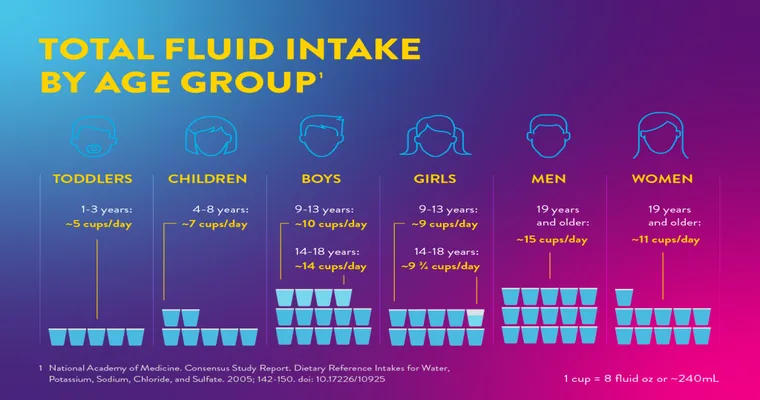Feeling a "deep love" for a parent while simultaneously grappling with thoughts about their "passing" can create an emotional turmoil that is difficult to articulate. It is a complex mix of "love", "resentment", and the pain of witnessing the decline of someone who played a pivotal role in your life. You are not alone in this experience; many people find themselves in similar situations. This article aims to explore the complexities of these emotions and offer insights into how to navigate them.
As children, we often idolize our parents, viewing them as strong and invincible figures. However, as they age or face health challenges, it can be overwhelming to witness their vulnerability. Feelings of helplessness may arise, leading to a desire for an end to their suffering. This does not diminish your love for them but rather highlights the intricate layers of human emotions.
It is essential to recognize that these feelings can stem from a place of compassion. Wanting your mother to find peace may reflect your desire to alleviate her pain or suffering. It is not uncommon for caregivers and loved ones of those with chronic illnesses or terminal conditions to experience these conflicting thoughts. Accepting that it is okay to feel this way is an essential step in processing your emotions.
Moreover, the societal stigma surrounding death and dying can exacerbate these feelings. Many people feel uncomfortable discussing their thoughts about a loved one's potential passing, fearing judgment or misunderstanding. This silence can lead to isolation, making it crucial to find a supportive space to express your feelings. Speaking with a therapist or joining a support group can provide a safe environment to explore these emotions without fear of judgment.
It's also important to differentiate between the desire for your mother's suffering to end and a wish for her to pass away. The former stems from love and compassion, while the latter can feel more like a burden or a wish for escape. Recognizing this distinction can help you better understand your feelings and what they represent.
Engaging in open conversations with your mother about her wishes, fears, and feelings can also be beneficial. These discussions, while often difficult, can provide clarity and mutual understanding, creating a stronger bond in the face of impending loss. Many individuals find solace in knowing that they have taken the time to express their love and appreciation for their parent, regardless of the circumstances.
In conclusion, grappling with the dichotomy of loving your mother deeply while wishing for her passing can be a challenging emotional landscape to navigate. Acknowledging these feelings is the first step toward understanding your emotional state. Remember that you are not alone, and seeking support can help you cope with the complexities of love and loss. Whether through professional help or conversations with trusted friends, finding a way to express and process these feelings can lead to a healthier emotional state as you navigate this difficult journey.





